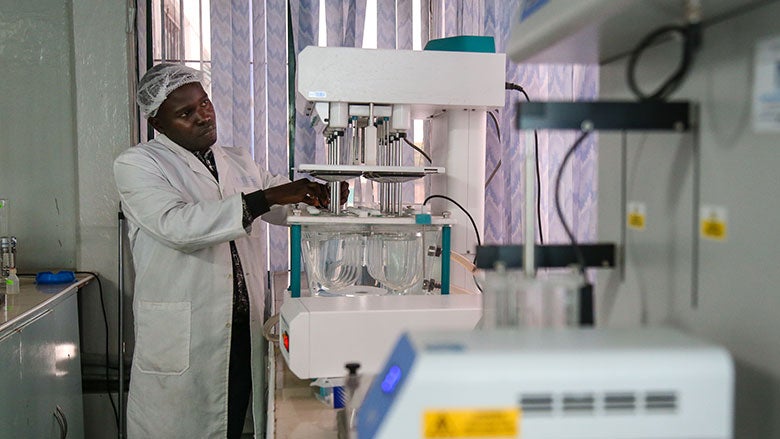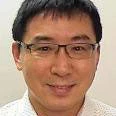
Like much of Sub-Saharan Africa, the Eastern and Southern Africa region has seen significant economic growth in recent years, largely relying on agriculture and extractives. However, it hasn’t been able to keep up with the skilled labor demanded by the region’s required economic transformation for further growth. Surveys reveal that firms in the region now face acute challenges in developing research and development (R&D) capacity and filling technical and managerial positions – not just due to inadequate production of college graduates that have been rising over the years, but also due to low quality and relevance of current education and training at the tertiary level.
That’s where the World Bank’s regional project, Africa Centers of Excellence (ACE), comes in. Last month, we launched the project’s second phase, ACE II, in Nairobi – a far-reaching initiative that seeks to strengthen 24 competitively selected centers in Eastern and Southern Africa to deliver top quality and relevant post-graduate education in regional development priority sectors that need it the most.
The first phase of the ACE project was launched in 2014 by the Bank in Central and Western Africa (ACE I), where it is already strengthening 22 centers of excellence in eight countries. By 2016, the centers under ACE I have enrolled 4,747 students in Master’s, PhD, and shorter training programs with 26% regional and 27% female students respectively. They have formed over 100 partnerships, produced 535 research publications and generated over USD 7 million revenue for their sustainable development. Both Ace I and ACE II have competitively selected existing African higher education institutions that have the capacity and potential to address priority economic sectors, and then strengthen them to produce world-class post-graduate training and applied research.
The ACE II’s expected impact will be unprecedented once achieved. In five years, its selected 24 centers are expected to enroll more than 3,500 graduate students in their specialized areas, with at least 700 students pursuing PhDs, and more than 1,000 would be women. The project also aims to have more than 300 research collaborations with the private sector and academic institutions, and generate about $30 million in external revenue to make the centers sustainable.
The ACE project is built around the premise that a regional approach in areas of science and technology higher education offers the most effective use of the region’s resources to bridge Africa’s gap in high-level skills. Since individual countries often have limited resources and capacity, they may take much longer to meet labor market demands on their own. In Eastern and Southern Africa, despite differences in economic structures, most countries still rely heavily on agriculture and extractives and lack of economic diversification. Scarcity of faculty and resources, along with gender disparity, limit the ability of each country to develop a whole spectrum of research and teaching excellence in key priority sectors to meet its development needs. But coordinated investments with country specific specializations can help the region as well as individual countries develop a broad based science and technology ecosystem, covering the critical areas as well as resulting in economy of scale in producing graduates and innovation. By being able to collaborate and share ideas within and across disciplines, faculty, PhD students, and researchers across countries in the region can all reap benefits well beyond their individual centers.
It is our hope and goal that at the end of the project, these centers will have developed sufficient capacity and become sustainable regional hubs for training and research in their specialized fields, capable of leading efforts to address priority development challenges and improving the lives in the region.
Read more in this brief or the project page. Stay updated with ACE II’s progress at http://www.ace2.iucea.org/.


Join the Conversation